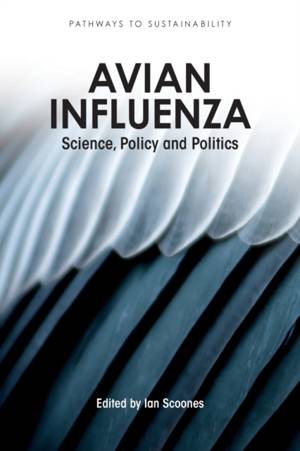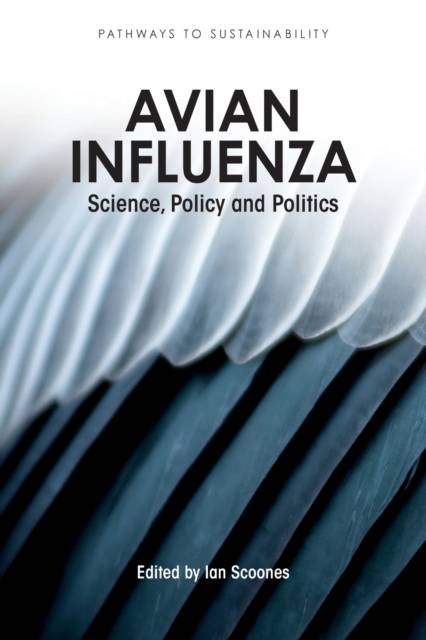
- Afhalen na 1 uur in een winkel met voorraad
- Gratis thuislevering in België vanaf € 30
- Ruim aanbod met 7 miljoen producten
- Afhalen na 1 uur in een winkel met voorraad
- Gratis thuislevering in België vanaf € 30
- Ruim aanbod met 7 miljoen producten
Zoeken
€ 79,45
+ 158 punten
Omschrijving
Over the past decade, substantial resources have been spent on tackling avian influenza and building a global capacity for a pandemic response. The catastrophic costs of the 1918 influenza pandemic are well documented, and the swine flu pandemic of 2009-10 has raised the alarm yet again. Across the world, surveillance systems have been upgraded, stockpiles of antiviral drugs and influenza vaccines have been created, veterinary and public health systems have been improved and poultry production and marketing has been dramatically restructured. What are the lessons from this experience? And what does this suggest for the future? This book explores how virus genetics, ecology and epidemiology intersect with economic, political and policy processes in a variety of places - from Bangkok to Washington, to Jakarta, Cairo, Rome and London. It focuses on the interaction of the international and national responses - and in particular the experiences of Cambodia, Vietnam, Indonesia and Thailand. It asks how effective is the disease surveillance and response system - can it respond to a new pandemic threat? The comparative analysis reveals the challenges and limitations of a technocratic, centralised response, and the need to take seriously local contexts. Drawing from these experiences, the book concludes with a discussion of future prospects and challenges, examining in particular what a 'One World, One Health' approach - where approaches to animal, human and ecosystem health are integrated - would look like in practice. Published in association with the Economic and Social Research Council (ESRC).
Specificaties
Betrokkenen
- Uitgeverij:
Inhoud
- Aantal bladzijden:
- 282
- Taal:
- Engels
- Reeks:
Eigenschappen
- Productcode (EAN):
- 9781849710961
- Verschijningsdatum:
- 16/04/2010
- Uitvoering:
- Paperback
- Formaat:
- Trade paperback (VS)
- Afmetingen:
- 155 mm x 231 mm
- Gewicht:
- 453 g

Alleen bij Standaard Boekhandel
+ 158 punten op je klantenkaart van Standaard Boekhandel
Beoordelingen
We publiceren alleen reviews die voldoen aan de voorwaarden voor reviews. Bekijk onze voorwaarden voor reviews.










